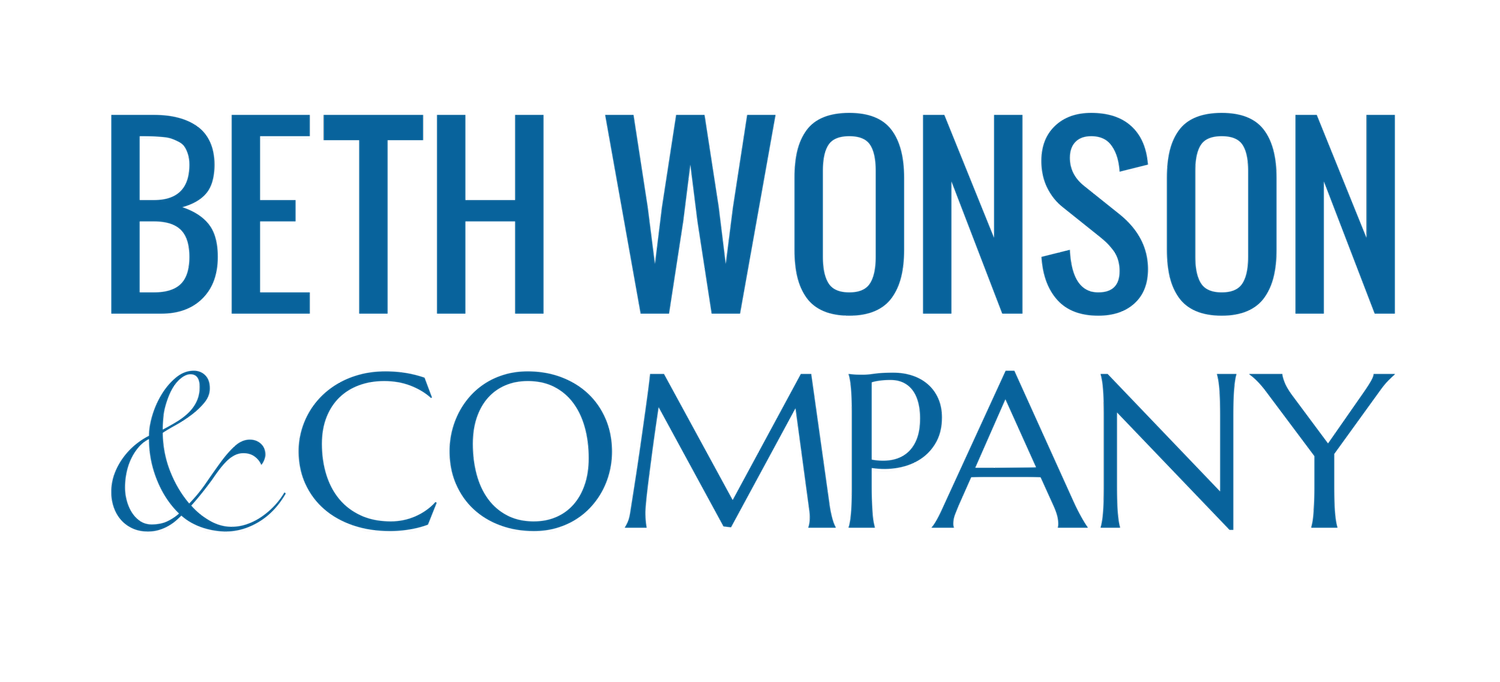5 Qualities of a Successful Generalist
There’s a popular theory that success requires individuals to become experts in a specific niche.
But Generalists Have an Important Role
The truth is that with the complexity of the challenges facing organizations and the advancement of artificial intelligence and automation, the way to stay relevant and valuable is to be a curious learner and develop knowledge in a range of topics.
In other words, avoid the tunnel vision that comes with focusing on one specific topic. Even when building your expertise in one core area, make sure you are also expanding your breadth of knowledge to areas outside of that.
I’ve understood the value of being a generalist for a long time and I’m glad to see it validated by David Epstein in his book, Range: How Generalists Triumph in a Specialized World. Essentially, this book explains how in this day and age when so many see the road to success as being a narrow specialization of skills and knowledge, the truth is that broad interests and experiences are actually what lead to excellence and innovation. Epstein draws on many examples including science, business, sports, and the field of human psychology.
I learned these same truths by having a wide range of interests, skills, experiences, and passions in my career as a highly sought after generalist. My curiosity, tenacity, work ethic, and creativity made it possible for me to learn from each position. I gained confidence by having a few solid foundational skills that can be employed in a range of settings and experiences. Even now, I continue to develop my breadth of knowledge through curiosity and a commitment to life-long learning.
As a leadership consultant, I continue to draw on my personal experience as a successful business person and my 20+ years of working with and observing both successful and less-than-successful leaders in a variety of industries.
5 Qualities of a Successful Generalist
Self-awareness and the social and emotional skills to be effective working with many different types of people and communication styles.
Knowledge of many different systems and processes that can be applied across your organization and industry.
The ability to hear vast amounts of information and quickly pull out patterns and trends that are meaningful and relevant to the situation.
The confidence to walk into any situation knowing you are resourceful enough to figure out what knowledge or information you’re missing right now and how to get the information you need.
The self-assuredness to ask clarifying questions when necessary.
How to Develop the Qualities of a Successful Generalist
Whether you’re just starting our career or you’re already establishing yourself as an expert, you will be most successful if you broaden your generalist knowledge and skills.
Take our free, online Navigating Challenging Dialogue® Primer to increase your self-awareness and build emotional intelligence.
Learn about your unique strengths and talents, and how to apply them, with a strengths assessment such as CliftonStrengths®.
Ask to be involved in some “stretch assignments”, those projects or tasks that take you outside your comfort zone and expand your skills. Consider saying “yes” when your typical immediate reaction might be to say “no”.
Identify specialists in areas outside of your own area of responsibility and make an effort to connect and engage with them: seek their perspective on ideas or problems; ask questions; listen.
Become a curious learner and observer at meetings rather than trying to prove you’re an expert. Pay attention to the patterns and trends that are showing up, which may require a shift in perspective. Look for ways that new situations can be affected by flexibility in skills, knowledge, or expertise.
Take up a new hobby in an area of the arts or spend time in nature. Simply play. You will reactivate parts of your brain, and activate creativity, that may have gone dormant or become under utilized as you’ve focused on specialization.
The Balancing Act
Each team and organization requires a unique mix of generalists and specialists to reach peak success, so it’s important to appreciate what each group brings to the table while fostering effective communication and collaboration. I’m challenging you to consider how generalists and specialists serve your own organization, for the good of the whole.
If you are looking for help improving communication in your team, check out our 6 Strategies for Creating a Culture of Communication.
If you’re looking for support in implementing your strategies for long-term, sustainable change, please get in touch!
Have a Question? Let’s Talk Today
You may be facing a challenge or weighing an action and aren’t sure where to start, or what a solution even looks like. Contact Beth today! It’s 100% confidential so you can freely discuss the challenges you’re facing and unlock a path forward. Or Get Started with our resources library and books.
